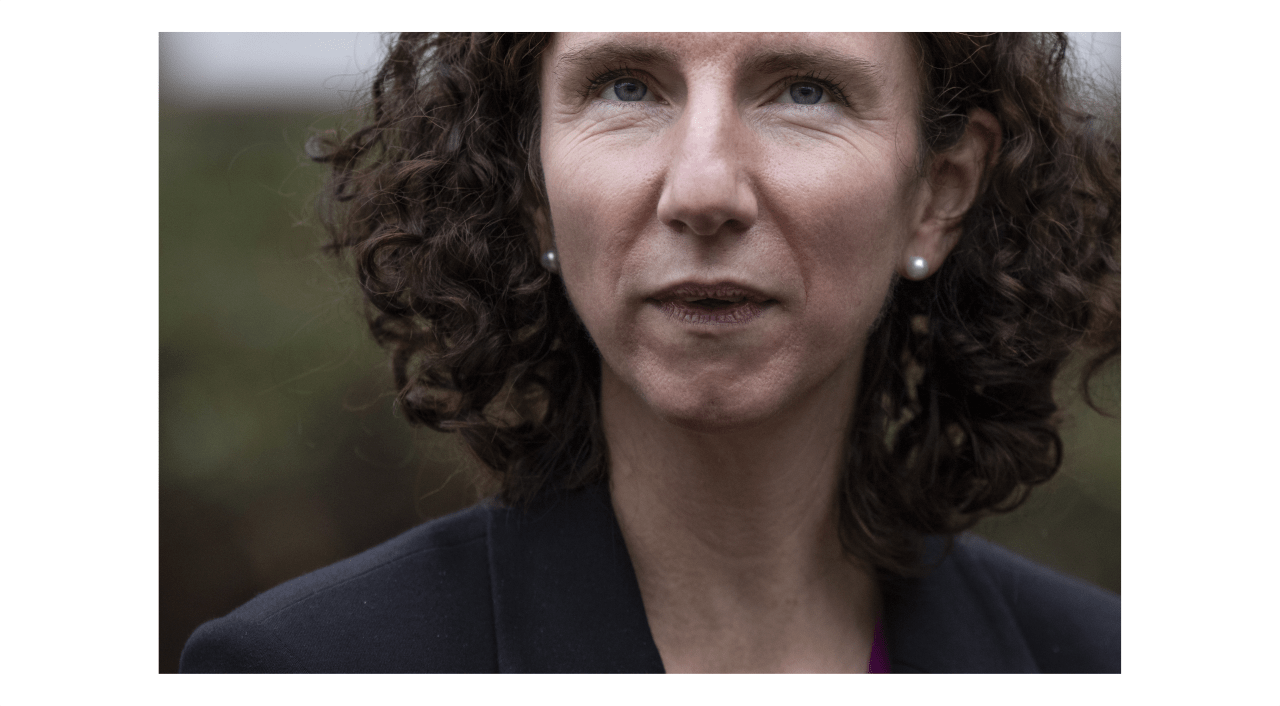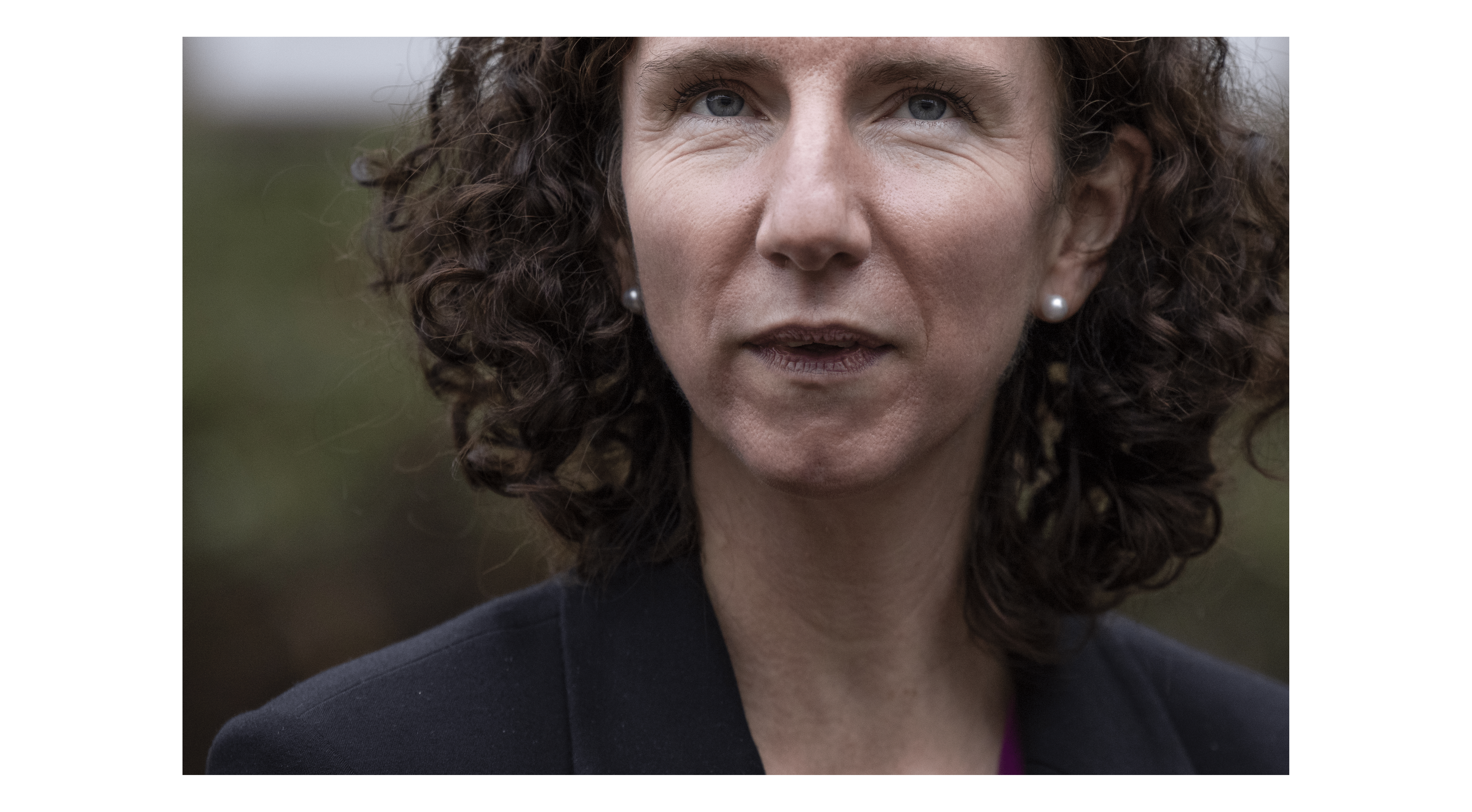What’s the Labour party’s biggest weakness at the ballot box? After the last election, Brexit and Corbyn were credited by Tory MPs with helping them win the biggest Conservative majority since Margaret Thatcher. But now the UK is out of the EU and Keir Starmer in charge, there’s an argument that it’s now the economy that is their biggest weakness.
A YouGov poll over the summer found that while Starmer’s personal approval ratings are promising, only 19 per cent of voters believe that Labour to be best at handling the economy, compared with 37 per cent who say the Tories are. Given that six in ten voters view the economy as their biggest priority, that’s not an encouraging sign for Labour.
Dodds used the lecture to move the party away from the hard-left economic policies of Corbyn
So Wednesday’s speech by Anneliese Dodds on the party’s economic vision offers an important indicator of Labour’s plan to rectify this. The shadow chancellor delivered the Mais lecture last night, and in doing so made a break with Corbynomics.
Dodds used the lecture to move past the economic policies of Corbyn and John McDonnell — not mentioning any of the additional £83 billion of day-to-day annual public spending that made up the 2019 Labour manifesto – and instead present her own. She offered new ways in which Labour would keep its fiscal policies – emphasising the need for a responsible approach to public finances: ‘We need a more resilient economy — that can only be achieved through responsible economic, fiscal and monetary policy.’ She pointed to using the National Audit Office to report on the effectiveness of state spending.
In terms of what that looks like, Dodds pointed to thinking from the IMF — the international body has suggested that waiting for the Covid crisis to subside before introducing measures to shore up the sustainability of public finances. However, a balanced budget is the overall aim:
This provides a responsible approach, focused on economic resilience: targeting a balanced budget over the cycle but still allowing for flexibility in times of crisis and for productivity-enhancing investment. Those sensible principles would underpin the fiscal framework that an incoming Labour government would set for itself.
This echoes comments Dodds made to The Spectator when she appeared on the Women with Balls podcast last year. Back then, she told me that she backed ‘prudent’ spending and was not one of those people who believed interest rates would necessarily remain low in the long term – this goes against the thinking of many economists on the left. She also tried to move the focus to reckless spending on the Tory side in terms of outsourced contracts.
Will Wednesday’s lecture change the public perception of Labour? Alone no — but if Dodds can, in the long term, build up public trust over how a Labour government would handle the economy, the party will be in a stronger position.
As 2021 unfolds…
… we have a small favour to ask. Journalism is in a difficult state, and not all publications are seeing their sales increase. In the last year, weekday sales of The Guardian have fallen by a third per cent and it needs support.
We’d invite you to donate a small amount of money, to protect diversity of media. The Guardian comes up with viewpoints that are bold and provide interesting counter-narratives. Every contribution, however big or small, powers its journalism and helps sustain its future.
Support the Guardian from as little as £1 – it only takes a minute. Thank you.








Comments